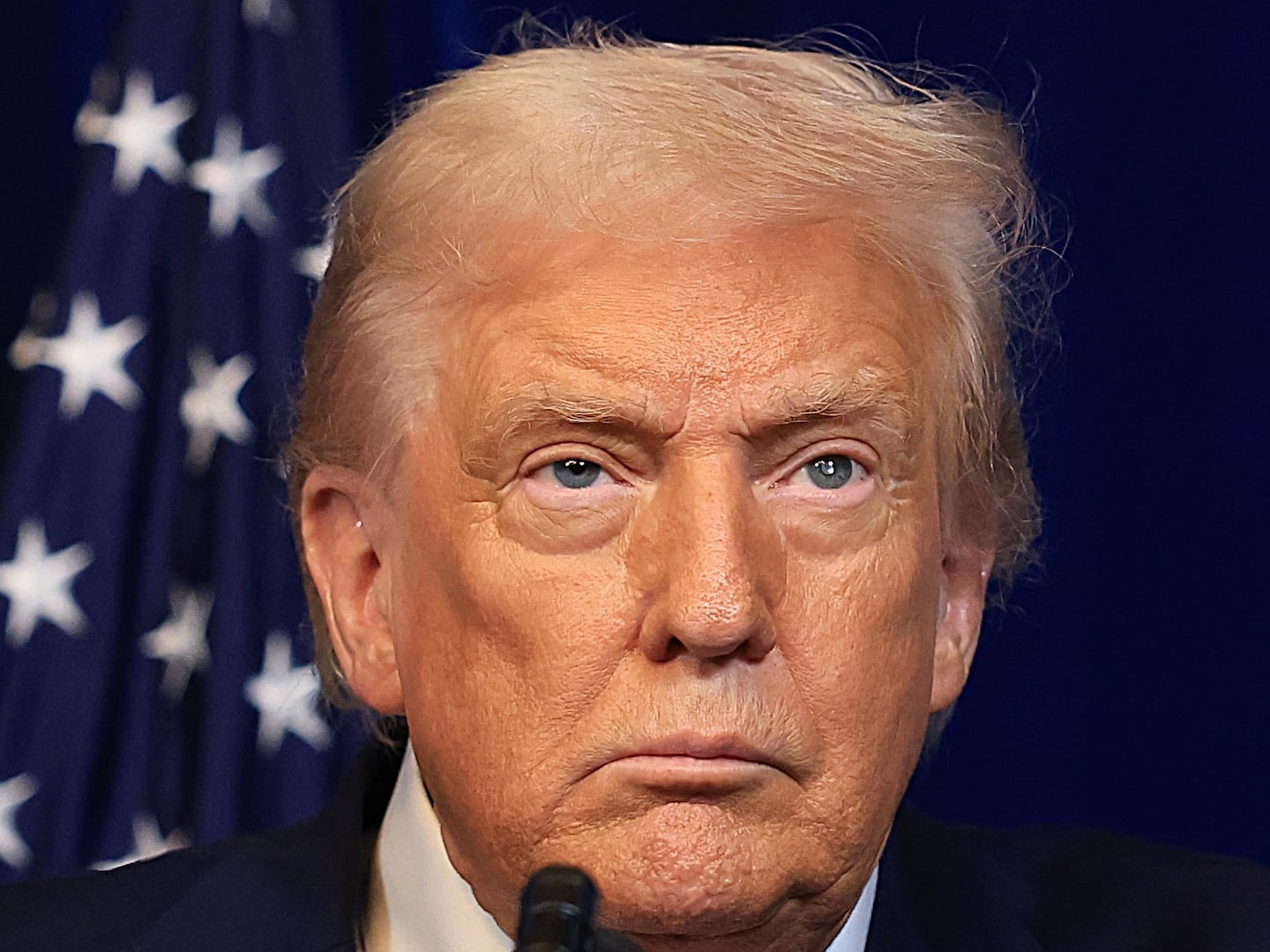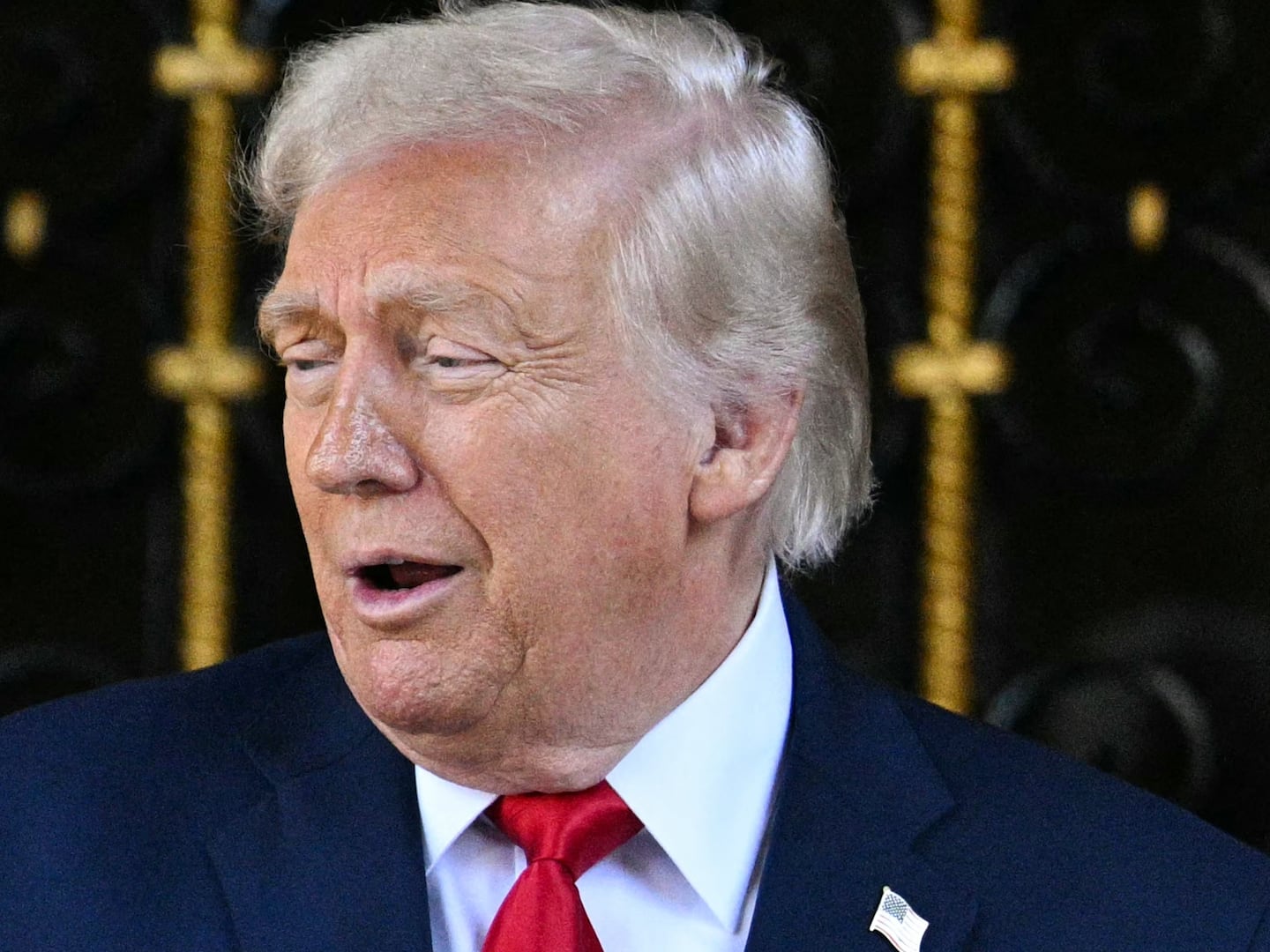Paul Orzulak, a former speechwriter for President Bill Clinton and Vice President Al Gore, was Joe Lieberman’s speechwriter on the 2000 presidential campaign. He is a founding partner of West Wing Writers. He tweets at @orzulak.
One of the great untold stories in the annals of vice presidential debates happened 16 years ago this Wednesday, when Democratic nominee Joe Lieberman squared off against his Republican counterpart, Dick Cheney, at Centre College in Danville, Kentucky. What is generally seen as one the most positive and civilized debates in recent electoral history was actually an act of political jiujitsu by Cheney so cunning that it should serve as a cautionary tale for Virginia Sen. Tim Kaine as he prepares to take on Indiana Gov. Mike Pence in their only vice presidential debate tonight.
It’s hard to remember after Cheney’s performance in the White House, but like Kaine and Pence, both Lieberman and Cheney entered the 2000 debate with reputations as fundamentally decent men who shared a talent for sounding reasonable in conversation. Both were seen as more statesmanlike than their respective running mates, Al Gore and George W. Bush, who had engaged in a particularly nasty debate two days before. As with all VP debates, the task for both was to defend the people at the top of the ticket while putting their opponents on the defensive. The media, political pros, and even the candidates’ wives were expecting a night of fireworks.
As a long-time member of Congress who held several executive positions including secretary of defense, Cheney was seen as an effective salve to the concerns that voters had about Bush’s inexperience and tendency to make outrageous statements. He also had a direct style when answering questions, which made him seem trustworthy (again, this is all before Iraq). But those of us on Lieberman’s debate team knew that Cheney was a wolf in sheep’s clothing: Beneath the reasonable rhetoric was one of the most extreme voting records in Congressional history. When voters were exposed to his positions, his credibility, along with his ticket’s poll numbers, dropped like a stone.
At debate camp, the senator practiced and honed effective attacks against Cheney’s record, in a “more in sorrow than in anger” style that was Lieberman’s trademark. As a man who despised negative campaigning, he wasn’t comfortable with being aggressive. But he knew how to do it. As debate night arrived, he was ready. He had worked out exactly how to put Cheney on the defensive.
Ten minutes before the debate began, the two candidates sat next to each other at a half-moon table across from moderator Bernie Shaw, as the format dictated, and chatted. Lieberman would be the first to speak. Shaw welcomed the audience and turned to the senator for his opening statement. After some opening pleasantries, to our surprise, Lieberman said, “My 85-year-old mom gave me some good advice about the debate earlier today. She said, ‘Sweetheart, be positive and know that I will love you no matter what your opponent says about you.’ Well… I am going to be positive tonight. I’m not going to indulge in negative personal attacks. I’m going to talk about issues that matter to the people of this country.”
And that was it. For 90 minutes, there wasn’t one mention of Cheney’s record—despite at least a dozen opportunities when mentioning a Cheney vote would have put the lie to one of his answers. The two disagreed on multiple political issues, but left it at that.
When Lieberman came off stage, we asked why he changed direction. He said, “When we first sat down, Dick leaned over and said that his people wanted him to go negative, and that he had practiced attack lines. But he didn’t want to do it. He thought the American people deserved better, and I agreed. So I kept it positive.”
Cheney knew that Lieberman was a fundamentally decent guy, and he played that sense of decency to his advantage. He knew that the senator wouldn’t go negative if he stayed positive. For his part, the Republican pushed back against Gore’s record firmly until the 70-minute mark, when, as Time put it, “he finally bared a tooth or two, icily drum-beating ‘eight years of all talk and no action,’ and Lieberman actually started to get miffed.”
When it was over, ABC’s George Stephanopoulos called it “a model debate.” Shaw called it “eavesdropping on a conversation,” while many praised its civility. All of it played to Cheney’s advantage: Polls showed that by a two-to-one margin, viewers declared him the winner. Today, it is remembered as one of the only VP debates that shifted the polls in the week afterward.
What should nice-guy Kaine take away from Lieberman’s experience? That to be civil, you don’t have to be gentle—and that staying positive doesn’t mean staying away from your opponent’s record.
Like the Cheney of old, Pence has a reputation for staying friendly and sounding reasonable in debates. If you simply listen to him, you’d hardly know that he’s one of the most far-right running mates in recent history, a candidate who was ranked by Nate Silver as between the third and seventh most extreme member of Congress for 12 consecutive years.
It would be a disservice to voters tuning in tonight if they didn’t know that the man defending Donald Trump for calling a Latino beauty contestant a “fat pig” was also a man who introduced the first bill in Congress that called for Planned Parenthood to be completely defunded; that the man defending Trump’s attacks on trade deals has been one of the greatest champions of free trade as both a congressman and governor, where he actually led trade missions to China; and that the man defending Trump as a job-creator signed an LGBTQ bill so offensive that it cost his state an estimated $250 million in jobs and growth.
As we learned in the eight years Dick Cheney was vice president, extreme voting records aren’t just a history of what’s past, but a harbinger of what’s to come. I hope Tim Kaine remembers that when he’s on stage with the man who has called Cheney his vice presidential role model.






